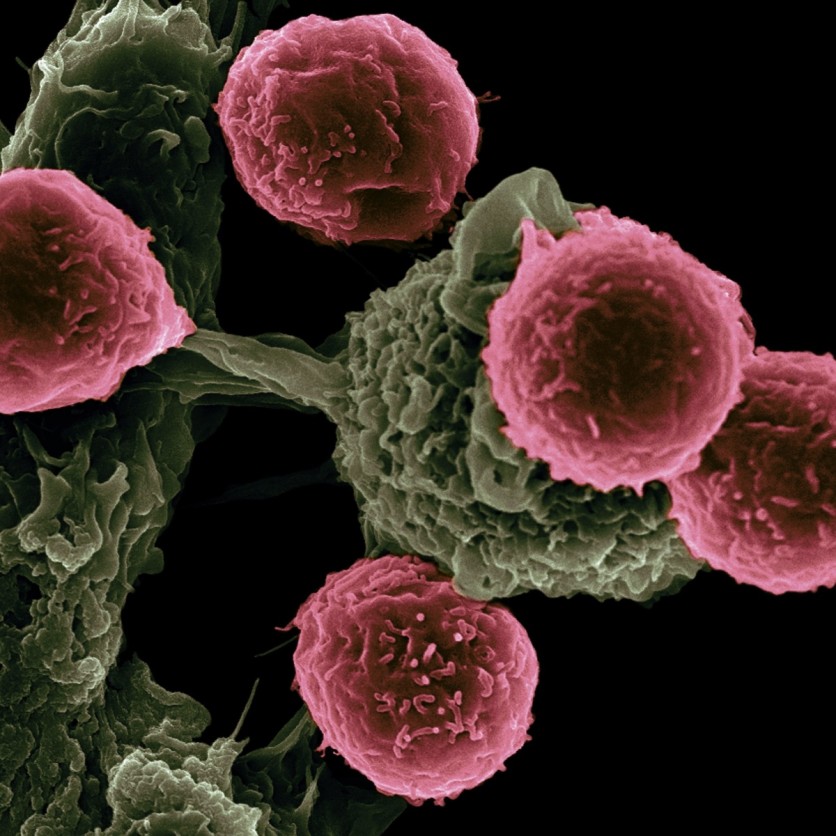The chance of detecting cancer at an early stage appears to be slim given how experts struggle to find the best solution for its detection.
Some types of this disease develop for 10 years or more, and it's already too late before the patients find out that they have tumors in their bodies.
However, a MedTech startup Earli has managed to force cancer to reveal itself with the help of a bioengineering technique. Because of this, the early tumors will be much more visible before cancer even develops into a more serious condition.
When Cancer Strikes

Cyriac Roeding, a former CEO of Shopkick, a mobile shopping app, kept in touch with Sam Gambhir, an expert who hopes to find some answers to stopping cancer at an early stage.
As a scientist at Stanford University School of Medicine, Gambhir spent a lot of his time studying how tumors appear even before cancer develops. However, his effort was insufficient after Milan, his teenage son, succumbed to cancer in 2015.
According to Wired, this made Roeding more curious about devising an approach that can force cancer to self-reveal.
In fighting cancer, you are also racing against time. Every biopsy, blood sample scanning, and check-up is all-important to detect the cancer cells in a patient's body quickly.
"We cannot rely on cancer signals that nature may simply not provide to us at all times. But if we bioengineer the signal, then early tumors can become consistently visible," Gambhir told Roeding.
With this, Roeding and Gambhir decided to launch a startup dubbed Earli. So far, it has managed to raise $40 million from several sponsors.
Related Article : Surgically-Altered Locusts May Be Able to Smell Cancer
Can Cancer Reveal itself?
The duo began to experiment with their approach to see if it would effectively detect harmful cells inside the patient's body.
By injecting bioengineered DNA, it will penetrate the cancer cells. According to Wired, a synthetic biomarker will come out, comparable to a component present in the skin of citrus fruit.
The patient will undergo several tests, and when a lot of biomarkers appear based on the results, then this could mean that a person has cancer.
Earli will now move to the next step, which is locating the origin of the cancer. The objective of this task is to force the enzyme to exit the cancer cells. The scientists now proceed to observe its activity under the naked eye.
For Earli, diagnosing cancer in the most-prone groups such as smokers is the next procedure. It opens doors for pre-treatment so that surgeons can easily identify the location of the tumors later on.
The idea of Roeding and Gambhir seems to be promising, given how many people die each year from cancer. Unfortunately, the latter won't be able to see the outcome of their discovery because he perished 16 months after he was diagnosed with bone marrow cancer. It was already too late for treatment because cancer had already spread.
In other news, Scitech Daily reported that experts from Indiana University and the University of Michigan found out that cancer has a weakness.
Their study entitled "Metabolic collateral lethal target identification reveals MTHFD2 paralogue dependency in ovarian cancer," can be read on Nature.com.
Read Also: Cough Syrup Death: Indonesian Families Files Lawsuit Against Government Following Child Fatalities

ⓒ 2026 TECHTIMES.com All rights reserved. Do not reproduce without permission.




